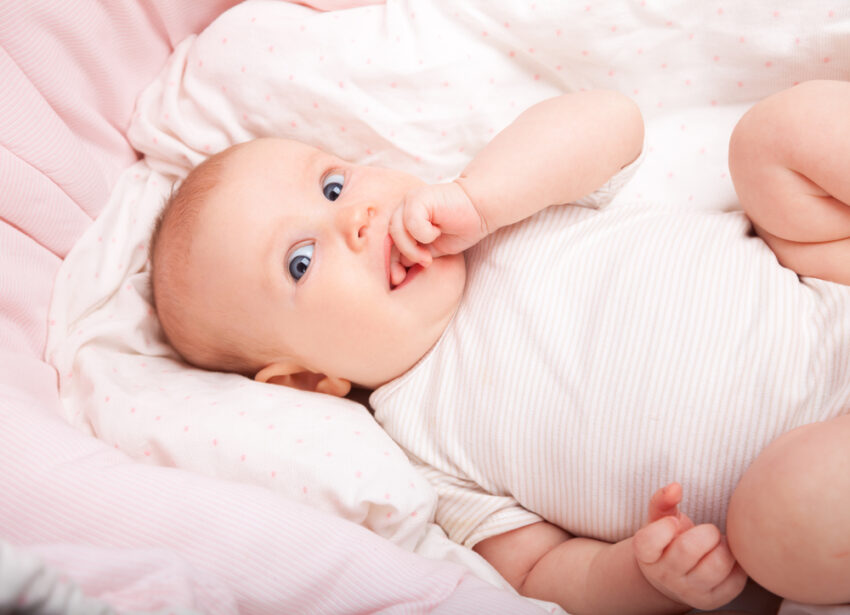Introduction:
Pedialyte is a popular oral rehydration solution (ORS) that is commonly used to replenish fluids, electrolytes, and minerals in infants and young children. It is specifically formulated to address dehydration caused by illnesses such as diarrhea, vomiting, or excessive sweating. In this comprehensive guide, we will explore the benefits, dosage recommendations, and safety considerations when using Pedialyte for babies.
Benefits of Pedialyte for Babies:
- Rehydration: One of the primary benefits of Pedialyte is its ability to effectively rehydrate babies who have lost fluids due to illness. It contains the right balance of electrolytes, such as sodium, potassium, and chloride, which help restore the body’s hydration levels.
- Electrolyte Balance: Pedialyte helps restore electrolyte balance, which is crucial for maintaining normal bodily functions. Electrolytes play a vital role in nerve and muscle function, hydration, and pH balance. Replenishing these electrolytes through Pedialyte can help prevent complications associated with electrolyte imbalances.
- Nutrient Absorption: When babies experience diarrhea or vomiting, their ability to absorb nutrients from food is compromised. Pedialyte provides a source of easily digestible carbohydrates and electrolytes, which can aid in nutrient absorption and minimize the risk of malnutrition.
- Faster Recovery: By rehydrating the body and restoring electrolyte balance, Pedialyte can aid in a quicker recovery from illnesses that cause dehydration. This is particularly important for infants and young children, as they are more susceptible to fluid loss and its potential complications.
Dosage Recommendations:
- It is crucial to follow proper dosage recommendations when using Pedialyte for babies. The dosage may vary depending on the age and weight of the child, as well as the severity of dehydration. Here are some general guidelines:
- Infants under 1 year old: It is recommended to consult a healthcare professional before giving Pedialyte to infants younger than 1 year. They may require specific guidance based on the severity of dehydration and any underlying medical conditions.
- Children 1 year and older: For children aged 1 and above, Pedialyte can generally be given in quantities ranging from 4 to 8 ounces (120 to 240 milliliters) every 1 to 4 hours, or as advised by a healthcare professional.
- Avoid excessive intake: While it is essential to rehydrate the baby, excessive intake of Pedialyte can also be harmful. Overhydration can lead to electrolyte imbalances, such as hyponatremia, which can have adverse effects on the body. Follow the recommended dosages and consult a healthcare professional for guidance.
Safety Considerations:
When using Pedialyte for babies, it is important to consider the following safety guidelines:
- Consult a healthcare professional: If your baby is experiencing severe dehydration or has an underlying medical condition, it is crucial to seek medical advice before administering Pedialyte or any other oral rehydration solution. A healthcare professional can provide appropriate guidance based on the specific needs of your child.
- Store properly: Ensure that Pedialyte is stored as per the manufacturer’s instructions. Check the expiration date before use, and discard any unused portions after 48 hours of opening.
- Watch for allergies or sensitivities: Although rare, some babies may have allergies or sensitivities to certain ingredients in Pedialyte. Watch for any signs of an allergic reaction, such as rash, hives, swelling, or difficulty breathing. Discontinue use and seek medical attention if an allergic reaction is suspected.
- Use the correct formulation: Pedialyte offers different formulations, including those with added flavors or designed specifically for infants. Ensure that you are using the appropriate formulation for your baby’s age and needs. Read the label carefully and follow the instructions provided.
Conclusion:
Pedialyte is a valuable tool in managing dehydration in babies caused by illnesses such as diarrhea, vomiting, or excessive sweating. Its ability to rehydrate, restore electrolyte balance, aid in nutrient absorption, and promote faster recovery make it an effective oral rehydration solution. However, it is important to follow the recommended dosages and consult a healthcare professional when necessary to ensure the safety and well-being of your baby. By using Pedialyte appropriately, you can help your baby recover from dehydration and get back to optimal health.
- Giesel Cookies Marijuana Strain - September 15, 2023
- How to Use THC-JD Gummies - July 20, 2023
- Pedialyte for Babies: Benefits, Dosage, and Safety - July 13, 2023




